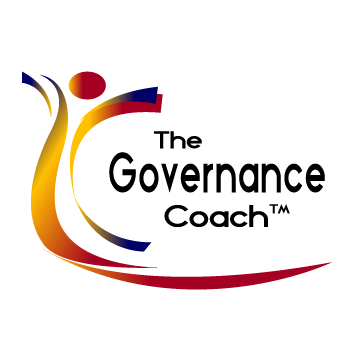The board’s job is to look at the big picture, to think strategically and to envision the future. Future thinking applied to real world situations is strategic foresight. In Policy Governance, the board’s most important job is defining Ends; in other words, what the organization is to accomplish. Ends are the benefits that are produced for someone outside the organization. Collecting information that informs Ends requires purposeful board action. The board’s agenda must allow time and space for this thinking. The largest portion of the board’s time should be devoted to Ends work. There are various ways to gather information for Ends decisions.
The diagram below categorizes information for Ends decisions. The Board agenda should be designed to allow time for all of these elements.
The centrepiece of this information is ownership input. An intentional and constructive dialogue takes place between owners and board members around Ends decisions. Having a good ownership linkage plan in place and taking time on the agenda to discuss the implications of input from owners allows board members to think strategically about what the organization should produce and who the benefits are for. There are various ways to get this input: directly from contact with owners such as focus groups, interviews and surveys; and indirectly from statistical data and surveys done by other organizations. Direct information about owners’ needs and values helps the board envision the future. This future thinking about real world situations can lead to a more desirable future.
An environmental scan identifies trends and emerging developments and their interconnections. External environments change rapidly and the ability to analyze and respond strategically is important. The board may use a scanning method such as STEEP for external analysis.
Social and demographic trends
Technological innovations,
Economic trends,
Environmental developments, and
Political/legal/regulatory environment. Using a tool such as STEEP helps the board ensure it has looked at a well-rounded set of external criteria that may impact the organization’s future.
Other input, such as that from stakeholders, provides a perspective from those who have an interest in the organization, including customers, funders or other similar organizations. Whether a focus group with well thought out questions or a survey, other input provides the board with an opportunity for constructive and valuable comments from those who have a stake in the organization and where it is going in the future.
Enriched information will enhance board knowledge. This information should come from those who know more about the issues at hand and are able to give the board in-depth education. It is not presentations from staff about what they are doing, but future-oriented education and information the board needs as context for policy decisions that lead the organization. Understanding issues and the complex problems that organizations face help boards provide future-focused leadership.
Monitoring information assesses performance against criteria found in Ends and Executive Limitations policies. While the primary purpose of monitoring is assessment of policy compliance, it is helpful for the board to know how much has been achieved so far in Ends. This information may influence the relative priority placed on various Ends.
In summary, information for Ends decisions must be purposeful. Future focused visionary thinking on behalf of the board provides the leadership to ensure organizational effectiveness and future relevance. Strategic foresight looks at the range of tomorrow’s possibilities and informs today’s commitments. A Policy Governance board designs a future focused agenda that includes time both for gathering information, for analyzing it, and for discussing insights from that information in order to inform Ends decisions.

